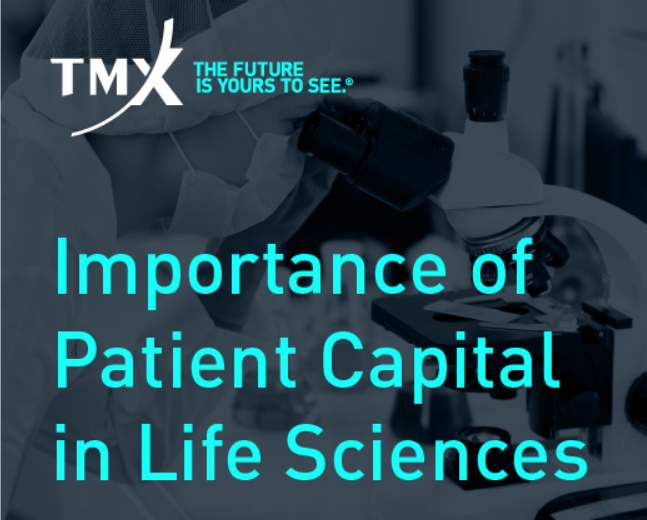Last week’s arrest of a French doctor for leaking information about a clinical trial to a hedge fund is disturbing, but the alleged activity is neither new nor particularly rare.
I’m going to describe how the business works and why it’s so open to abuse. (The details of the recent case are a bit different.)
Connector firms like Gerson Lehrman and Guidepoint Global develop databases of medical experts. They then sign up clients — typically financial services players but also large companies and consulting firms — who often pay a retainer plus hourly rates for speaking to the experts. A hedge fund or other client might ask a connector firm to identify experts with knowledge of a particular drug trial. The connector provides a list of experts complete with profile information the experts have completed and hourly billing rates that are set by the experts themselves. The firms may also provide feedback on the experts that has been obtained from other clients, to help the hedge fund determine who is likely to be most useful.

Using Informed Awareness to Transform Care Coordination and Improve the Clinical and Patient Experience
This eBook, in collaboration with Care Logistics, details how hospitals and health systems can facilitate more effective decision-making by operationalizing elevated awareness.
The hedge fund tells the connector which experts they are interested in speaking with and may ask the connector to solicit additional information from the experts about their level of expertise, such as, “Are you involved in the Trial of Drug X?” Once the hedge fund finalizes its list of experts, the connector sets up phone calls and provides dial-in information. Typically the connector does not inform the experts of the name of the client (or even that the client is a hedge fund) and does not provide the reason for their interest.
The hedge fund conducts phone calls with however many experts they wish. The connector does not participate on the calls. The experts bill the connector and the connector bills the hedge fund. The hedge fund does whatever it wants with the information. The connector asks the hedge fund to rate the usefulness of the expert, which then feeds back into the database for future requests.
The connector firms insist that they have strict conflict of interest and privacy rules that experts must agree to follow. Indeed they do. However, there are a number of elements that enable or encourage the sharing of inappropriate information. For example:
* The feedback mechanism encourages experts to be more forthcoming in order to get more opportunities and to justify higher billing rates.
* Experts don’t know the context for the questions or who’s asking them. They also don’t know how many other people the client is speaking with and what can be pieced together from a series of small disclosures.
* The relationships are kept confidential so are unlikely to be scrutinized.
* The connectors maintain plausible deniability (and lower costs) by not participating in the calls.
* The profile information the connectors require encourages experts to include information on specific trials.

With the Rise of AI, What IP Disputes in Healthcare Are Likely to Emerge?
Munck Wilson Mandala Partner Greg Howison shared his perspective on some of the legal ramifications around AI, IP, connected devices and the data they generate, in response to emailed questions.
Here’s the biography format Guidepoint Global (where the recently arrested doctor was affiliates) requires of its experts:
Please adhere to the following bio format:
Jackie Smith, MD, is Professor of Medicine and Division Head of the Experimental Therapeutics Program at Reddy Medical Center. Her interests are in developmental therapeutics for the leukemias, multiple myeloma, the lymphomas and stem cell transplantation. She has worked extensively in the area of biologic response modifiers in the leukemias, myeloproliferative disorders and multiple myeloma and has published extensively on cytogenetic abnormalities in the leukemias. She is principal investigator on numerous clinical studies and has been involved in the study of many novel agents including Xome, topotec, liposomal XYZ, and NX2116. She has consulted for companies such as Avast and ProG Pharmaceuticals.
Pay particular attention to the last two sentences: which trials is the person working on, and to what companies has she consulted? That information is very useful for connectors searching their databases.
These issues are not new. If you don’t believe me, take a look at this article from five years ago in the Seattle Times (Selling Drug Secrets: Drug researchers leak secrets to Wall St.) that covers the exact same ground.
The most effective way to reform this industry would be to require the connectors to listen in on the calls. That would raise costs and might trouble some clients, but it would work.
Finally, I should mention that there are plenty of legitimate uses for connector services, so I’m not suggesting that these firms are all bad. They can be a good way to quickly get up to speed on a topic or to find out what experts think about various issues.













